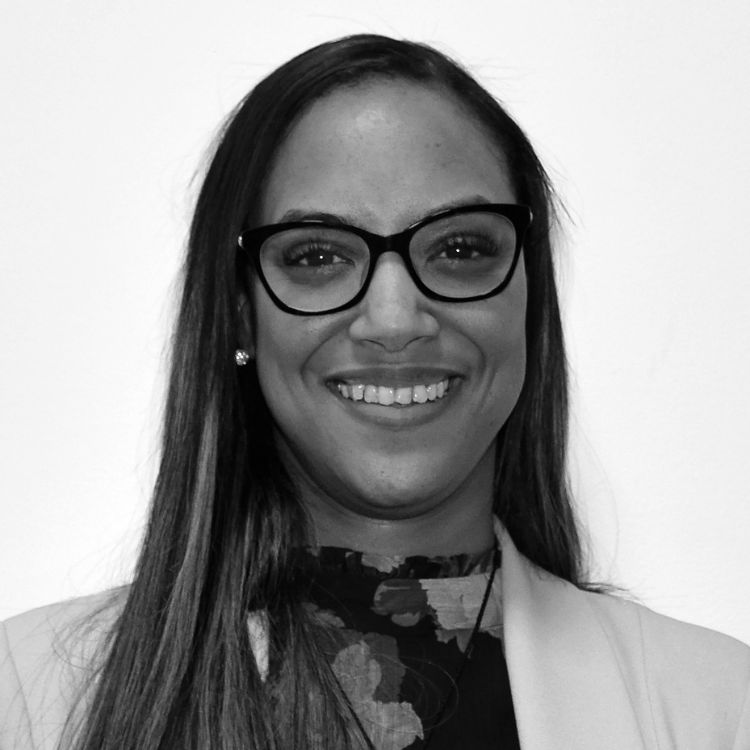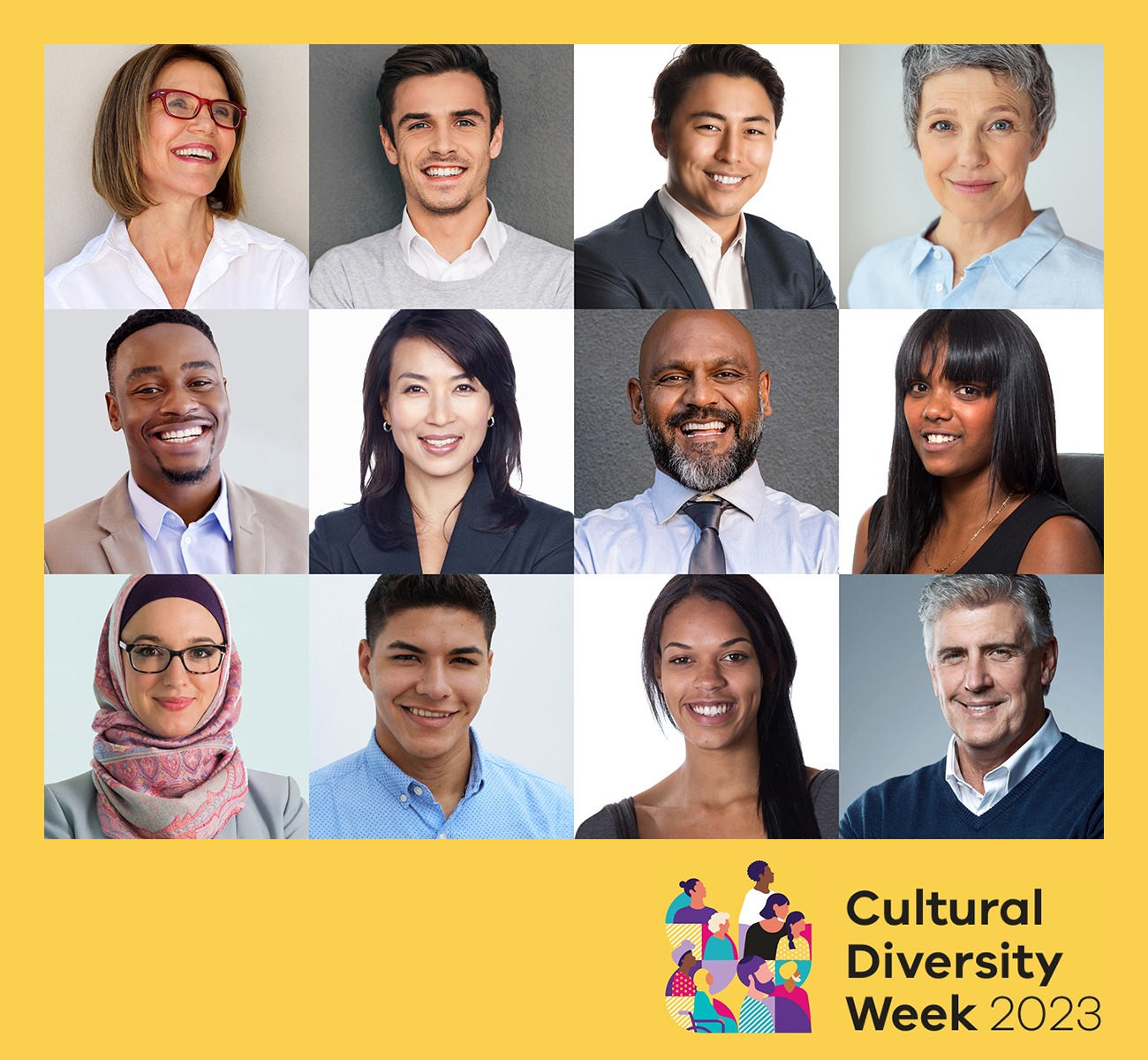Did you know that one in two people in Australia are either born overseas or have a parent born overseas? The state of Victoria alone has around 290 different languages spoken, with over 300 ancestries (note, these stats are not including indigenous languages and ancestries). Within the broader Slade Group, much like our nation, roughly half of the people in our organisation were either born overseas or have a parent who was. We have over 18 different countries and cultures represented amongst our teams, including: Afghanistan, Brazil, China, Croatia, Eretria, England, Germany, Greece, India, Ireland, Italy, Japan, Malta, Mauritius, New Zealand, Philippines, South Africa and Syria… that’s an impressive list!
Having a diverse workforce brings a variety of unique perspectives and viewpoints together. When our team mirrors broader society, it reflects the diversity of the general population and the make-up of those with whom we do business – the clients and candidates of the Interchange Bench. Our own cultural diversity helps us to be more inclusive and develop a deeper understanding of the employment market.
This year’s Cultural Diversity Week theme, ‘Our Future, Our Past: Celebrating and Reflecting on the Contributions of Victoria’s Multicultural Communities’, got me thinking about the contributions of my colleagues. It is always a timely reminder about how promoting Diversity, Equity and Inclusion (DEI) in organisations helps cultivate a positive workplace culture and brings teams closer together.
At work we’re a close-knit community and I love the fact that the broader Slade Group has attracted employees from so many different backgrounds and cultures. I’m a firm believer that when we celebrate diversity, it’s an opportunity to see things from different points of view. It’s fair to say diversity of thought also leads to innovation. In its Social Cohesion Report 2021, the Scanlan Institute surveyed the Australian population and found that 84% of people surveyed thought multiculturalism was good for our culture and brought in new ideas. A large majority also agreed that multiculturalism is good for Australia.
Even in a multicultural society people tend to group together with others who act and think like they do, which harks back to tribal culture. Whether hiring permanent employees or engaging temporary and contract staff, we must always be careful that “cultural fit” is not too constrictive, as some candidates still experience bias, stereotyping prejudices, or may be overlooked based on cultural misunderstanding.
One way to break the chain is to share stories of our cultural heritage with work colleagues. As a proud member of the Diversity Council Australia, Slade Group supports DCA’s initiatives including research, advocacy and events that promote diversity and inclusion in the workplace. Many organisations also provide their employees with cultural diversity training. Diversity is a valuable strength in any team, but it does take time and commitment to achieve it.
How are you and your workplace celebrating cultural diversity in your organisation?

Astrid’s experience, gained both locally and overseas, includes hospitality, construction, pharmaceutical, government and corporate environments. She has excellent interpersonal and communication skills, and delivers great customer service for clients and candidates. In her role as Consultant in the Interchange Bench team, Astrid enjoys account management, engaging with stakeholders, providing candidate care and is always focussed on achieving mutually successful workforce outcomes.

